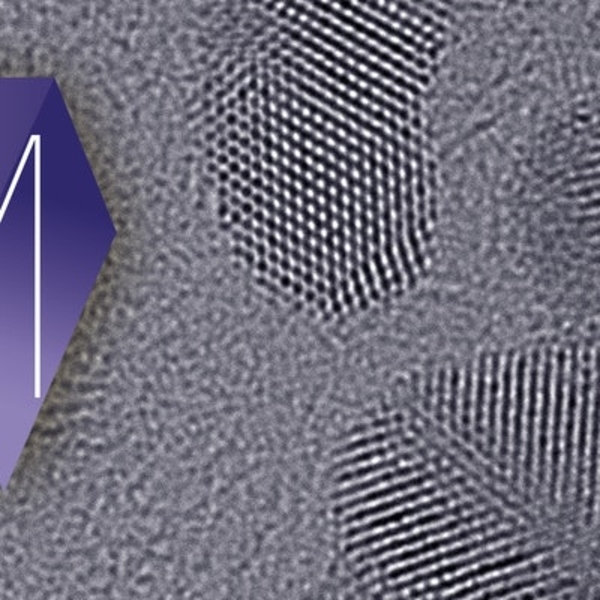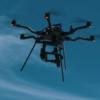Price:
9089 EUR
Contact
École Polytechnique Fédérale de Lausanne
Description
Learn about the fundamentals of transmission electron microscopy in materials sciences: you will be able to understand papers where TEM has been used and have the necessary theoretical basis for taking a practical training on the TEM.
This course provides a comprehensive introduction to transmission electron microscopy (TEM) in the field of materials science. For an instrument operated by a single user, modern TEM provides an analytical platform with unsurpassed versatility, giving access to structural and chemical information from the micrometer to the sub-angstrom scale. In a thin, electron-transparent sample one can measure the crystallinity, grain structure, size, and defects, and the chemical composition. The crystal lattice can be imaged with atomic resolution, allowing observation of grain boundaries and interfaces. It is the only direct structural analysis method for studying nanoparticles.
With this course you will gain a deep understanding of modern TEM and the connection between:
- the optics and operation of the instrument;
- the physics of electron-matter interactions;
- insights into the materials properties of the sample.
This gives the background to:
- identify TEM techniques suitable to solving specific scientific problems;
- interpret TEM data presented in articles; appreciate the impact of technological advances that have, for instance, led to sub-angstrom resolution by aberration correction.
It can also be the basis for subsequent practical training on this remarkable instrument, and a stepping stone towards learning very advanced techniques with magical names like “dark field holography” or “angular resolved electron energy-loss spectroscopy”.
Recommended background:
Basics of crystallography and diffraction, college optics (construction of ray diagrams) are absolutely mandatory prerequisites; Fourier optics, more advanced crystallography and solid state physics are of great advantage.
Specific details
Category of Education
Technology and Engineering







 How to resolve AdBlock issue?
How to resolve AdBlock issue? 


Comments (0)